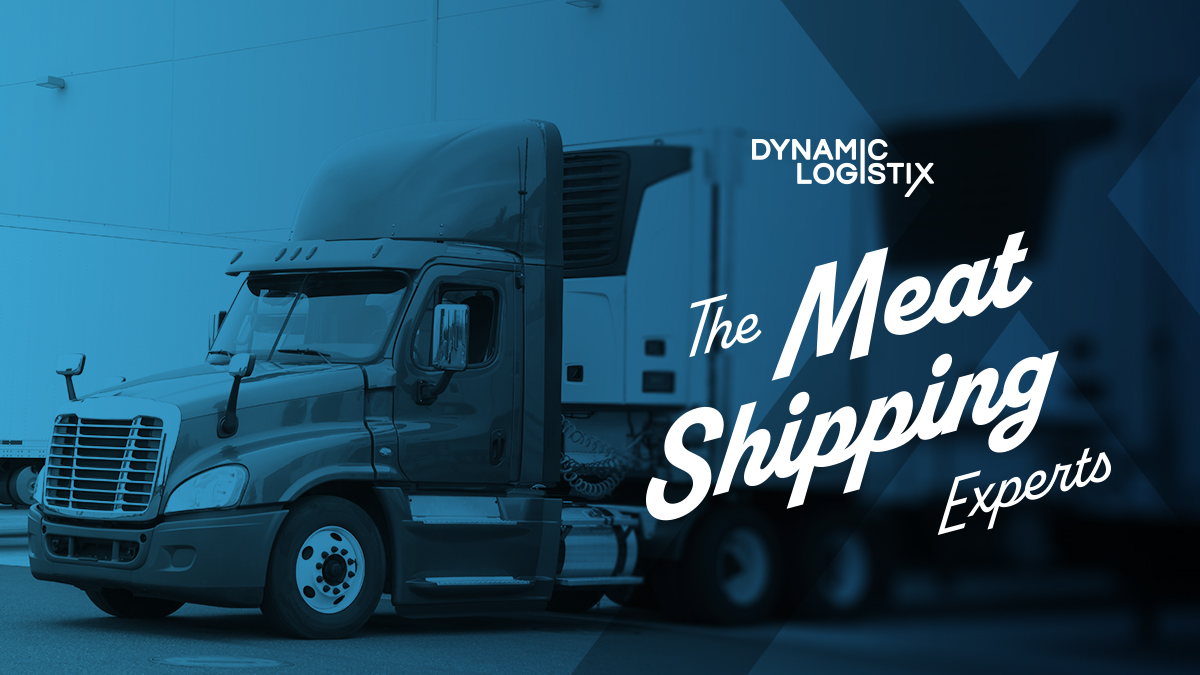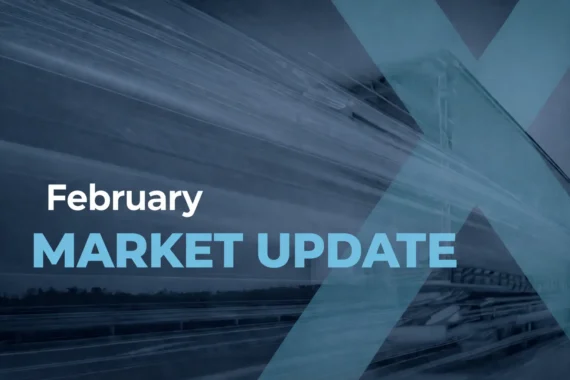
All Shipping Solutions Are Not Created Equal
Reefer and food shipping comes with unique standards and compliance challenges.
The food and meat supply chain industry is at a pivotal moment as technology advancements reshape the way businesses operate. Not to mention, refrigerated or reefer shipping comes with its own set of unique requirements, compliance standards, and challenges that set it apart from regular shipping. Maintaining precise temperature ranges and adhering to strict food safety regulations requires food shippers to navigate complexities that demand specialized technology and processes, and failure to comply can lead to significant financial losses, strained relationships with retailers, and reputational damage.
With 2025 underway, reefer shippers must embrace innovative solutions to stay competitive and meet demands for efficiency, transparency, and sustainability.
Investing in supply chain monitoring and tracking technology
The ripple effect of food quality for refrigerated items spans the entire supply chain, from producers to shippers and retailers, impacting product quality, economic efficiency, and consumer trust. Deliveries rejected due to temperature concerns can mean substantial financial losses in a business where margins are already razor-thin. Worse still, a strained relationship with a major retailer could have long-lasting implications for your business’s reputation.
So, it isn’t a surprise that a recent study found nearly 50% of companies plan to invest in supply chain tracking and monitoring technology in 2025 to improve visibility into operations, allowing businesses to track shipments in real-time and ensure compliance with critical standards. Additionally, 20% of companies are specifically targeting real-time continuous temperature monitoring systems—a game-changer for food safety compliance. Another survey found that 71% of companies are investing in technologies to improve their transportation systems as the benefits of these investments are clear: enhanced customer satisfaction, fewer delays, and improved supply chain visibility.
What are the barriers to technology adoption?
Despite the obvious benefits, food and meat companies cite three primary barriers to adopting new technology:
- Cost: Upfront investments in technology can be daunting for companies operating on thin margins, and investing in new technologies often requires significant upfront expenditures for hardware, software, and implementation. These costs can be particularly prohibitive for smaller businesses or those with tight cash flow constraints.
- Integration: Businesses often struggle to incorporate new tools into their existing systems without disrupting operations. Legacy systems are still the backbone of many food and meat companies, and introducing new technology often means navigating the complexities of integrating modern tools with older infrastructures. This process can be time-intensive and resource-draining, as companies must ensure that new systems communicate seamlessly with existing workflows, supply chains, and compliance protocols.
- Employee Training: Ensuring staff is adequately trained on new systems can be a significant challenge. Successful adoption of new technology hinges on employee buy-in and proficiency; however, training can be a major hurdle. Many businesses operate with lean staffing, leaving little room for extended training periods without affecting daily operations.
Finding the right logistics partner for customizable shipping solutions
The right logistics partner will recognize that all shipping solutions are not created equal and the specific needs of meat and food shippers are unique. Eliminating some of the barriers upfront is a big differentiator and allows companies to focus on what matters most—delivering high-quality products to their customers. Dynamix Logistix has integrated solutions that mitigate operational barriers when it comes to implementing technology, including:
- Zero Upfront Costs: Our competitive pricing model eliminates the need for large upfront investments.
- Fast Integration: Our transportation management system can be fully integrated within 6-8 weeks – 4 times faster than competitors who take 6 to 8 months – thus minimizing disruptions to your operations.
- Free Employee Training: We provide comprehensive training to ensure your team can confidently use the system and maximize its benefits.
In addition to these solutions, we offer our partners a dedicated implementation team who will come onsite to integrate and set up your TMS, which includes software training sessions. Once implementation is complete, partners will have a dedicated account manager to help develop proactive shipping strategies that best align with your goals.
The food and meat supply chain industry is rapidly evolving, and businesses that do not prioritize technology risk losing their competitive advantage. Embracing and implementing advanced technologies can help you boost your OTIF delivery score, improve compliance, and build stronger relationships with carriers, retailers and consumers.
About Dynamic Logistix
Dynamic Logistix is a third-party provider of shipping and freight solutions that combines a world-class technology platform with stellar personal service. By providing, superior visibility, transparent processes, and comprehensive real-time reporting through our transportation management software, clients save time and money. As a result, DLX is nationally recognized as one of the top 10 Third-Party Logistics (3PL) providers by Logistics Tech Outlook magazine and one of the 5,000 fastest-growing companies in the United States by Inc. magazine.



